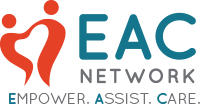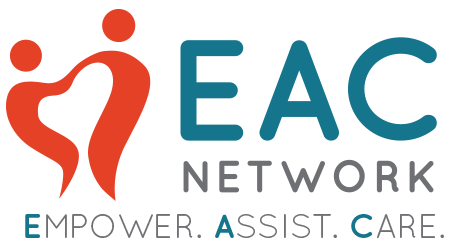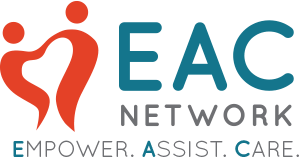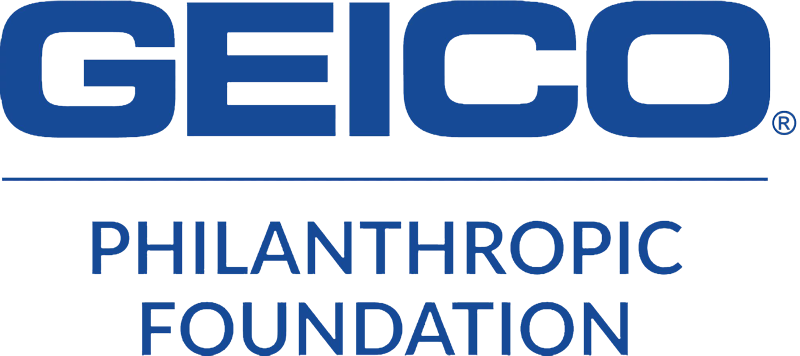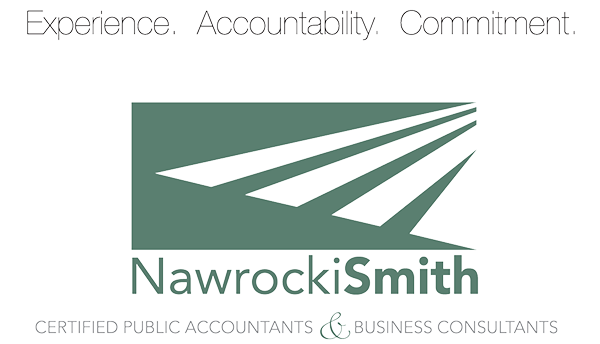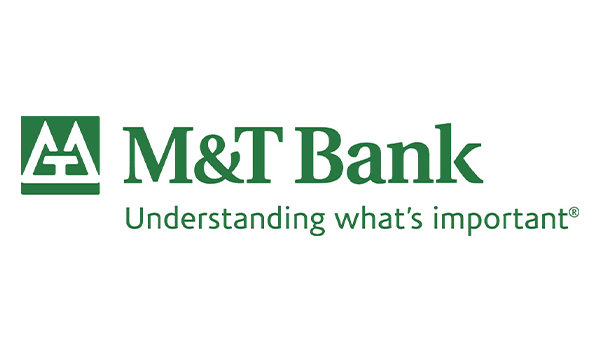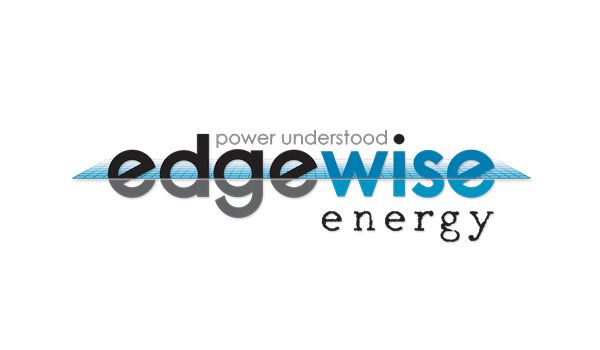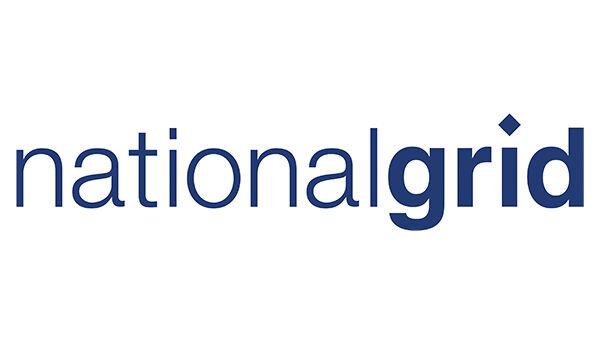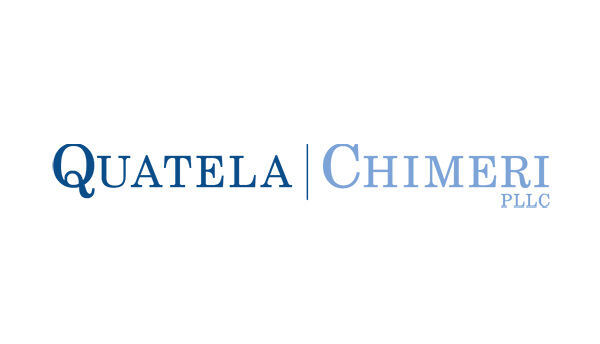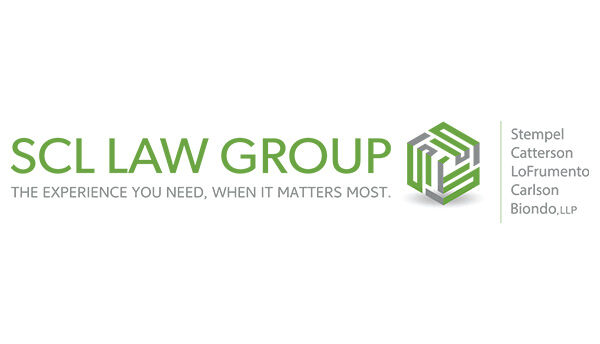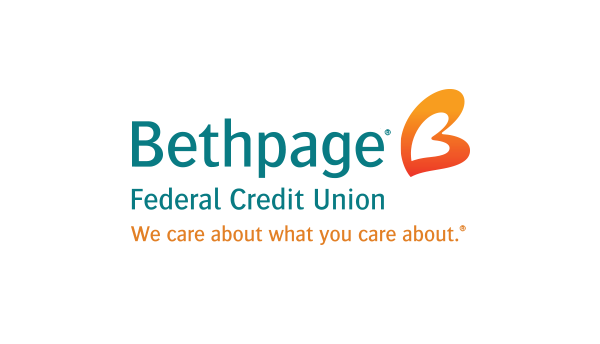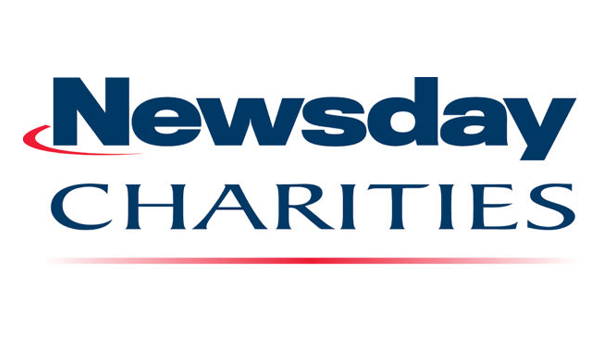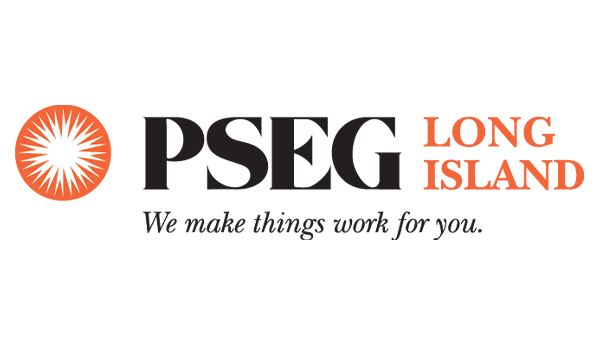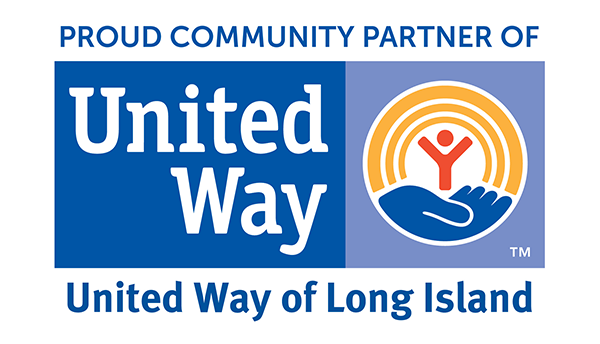
April is National Alcohol Awareness Month. The goal during this time is to raise awareness and understanding of alcohol abuse through education. By doing so, we hope to get people thinking about their relationship with alcohol or help to get a conversation going with someone who may need help. Getting someone to admit they are struggling with alcohol can be a difficult and delicate situation and may require an intervention. While this is an effective method, it is best to plan the intervention strategies ahead of time due to the severity of this complex situation.
When is an Intervention Necessary?
Approximately 20% of Americans have an alcohol use disorder, and only about 7% of them seek treatment. Those suffering need help taking the first step toward recovery, but how can loved ones and family members determine if an intervention is necessary?
First, it’s essential to recognize the signs of addiction and the harmful behaviors that often accompany a substance use disorder. These can vary depending on the person and the type of addiction. Some common indicators to look out for include:
- Denying an obvious problem
- Destructive behaviors
- Secretive or dishonest behavior
- Neglecting responsibilities
- Unhealthy weight loss
- Regular and erratic mood swings
- The inability and unwillingness to stop engaging in harmful addiction or behavior
Planning Your Intervention Strategy
Once the signs are identified, it is essential to prepare intervention strategies. Begin by non-judgmentally and empathetically approaching your loved one. Concerns must be communicated calmly and respectfully, emphasizing concern, love, and a desire to help with the healing journey. While friends and family are critical to the recovery process, enlisting the support of a professional interventionist or counselor provides expert guidance, assessment, and insight.
EAC Network’s Alcohol Education Program (AEP): Promoting Safety and Success
One way to gain a professional’s insight into a loved one’s addiction is through EAC Network’s Alcohol Education Program (AEP). Serving New Yorkers who put themselves and others at risk by driving while intoxicated, AEP educates program participants andoffers offenders the opportunity to change negative drinking and driving behaviors.
The five-week program promotes safety and inspires recovery by educating participants on the symptoms, causes, and treatment associated with alcohol abuse and dependency. Intoxicated drivers learn about the dangers of misusing alcohol as well as how to identify the signs and risks of addiction. Upon completion, program leaders can determine if an individual requires treatment for alcohol dependence and refer them to an Office of Addiction Services and Supports (OASAS) for further treatment.
Lives Transformed Through Intervention Strategies
Studies show that—when handled correctly–interventions encourage individuals to seek help and begin the recovery process. According to the Association of Intervention Specialists, 80 – 90% of people confronted with an intervention seek treatment options. Interventions can be a powerful tool for helping those struggling with addiction, mental health issues, co-occurring disorders, or other destructive behaviors.
By recognizing the signs and symptoms associated with an addiction problem, holding a strategically planned intervention, and providing reputable support, education, and resources, those struggling can access the necessary help and begin their recovery journey.
